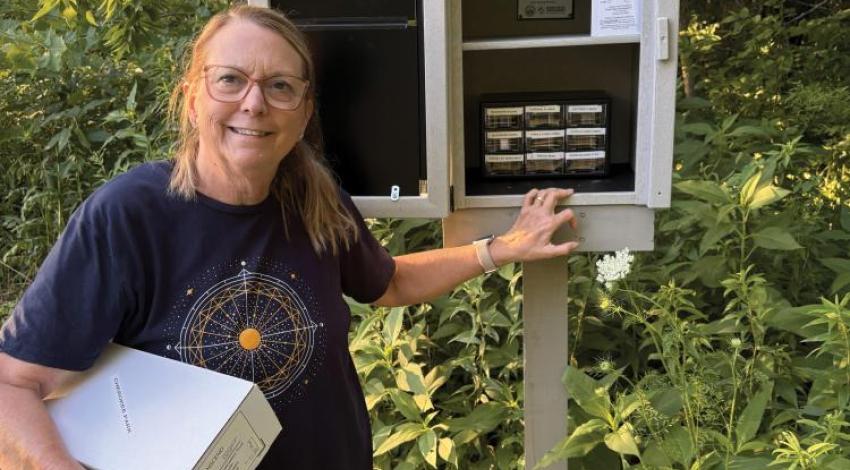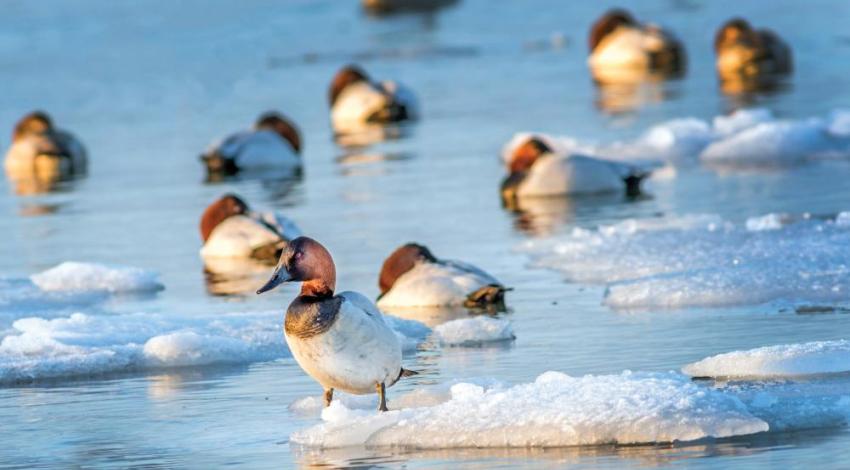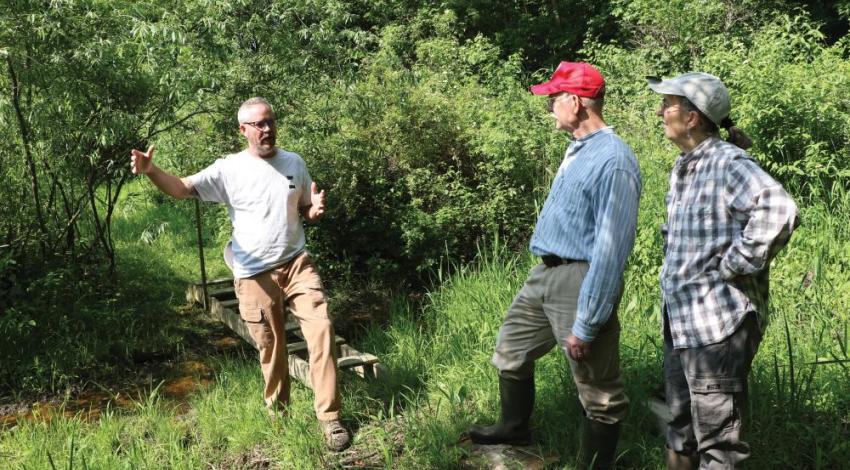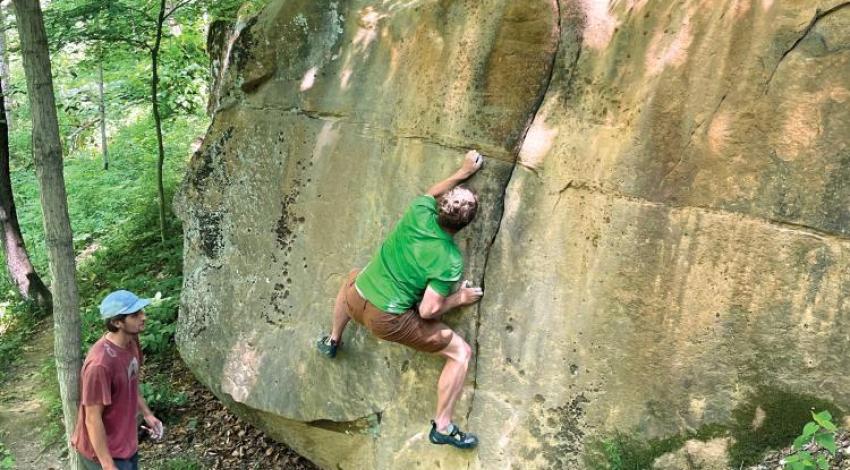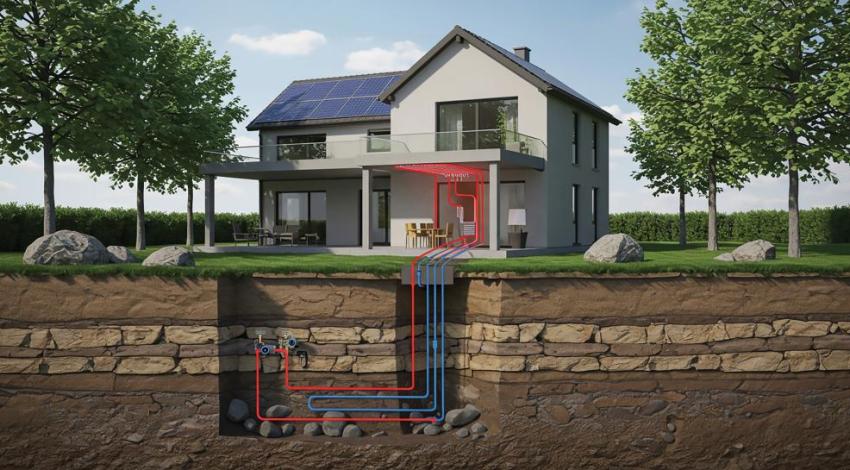In the aftermath of severe outages, co-ops mobilize to help each other.
At the beginning of March 2017, after what had been, to that point, an unusually mild winter, a huge storm system came through southern Ohio and northern Kentucky, bringing with it winds that brought down trees and power lines and causing power outages in large swaths of the area.
Electric cooperatives do everything they can — regular maintenance, tree-trimming, etc. — to prevent such outages, but sometimes, Mother Nature has her own ideas. When outages do happen, the co-ops are ready.
Every co-op has an emergency plan, and part of that planning includes what is both a unique and an effective approach to emergency management and disaster recovery: mutual assistance. When disaster strikes, co-ops quickly deploy support staff and equipment to emergency and recovery zones to help sister co-ops restore power.
“Cooperation among cooperatives is one of our guiding principles for a good reason: It helps to make everyone’s jobs easier and make their lives better,” says Dwight Miller, director of safety and loss control at Ohio’s Electric Cooperatives, the statewide association providing services to each electric cooperative in the state.
Just that first week of March, crews from Consolidated Electric Cooperative, based in Mount Gilead, and from Holmes-Wayne Electric Cooperative, based in Millersburg, sent crews to help with power restoration in the area served by South Central Power Company, based in Lancaster. A five-man crew from Butler Rural Electric Cooperative, based in Oxford, went to help storm-struck Owen Electric, based in Walton, Ky. Crews from The Frontier Power Company in Coshocton and Guernsey-Muskingum Electric in New Concord headed to the Lexington, Ky., area to help restore power to Blue Grass Energy members.
Because the national network of transmission and distribution infrastructure owned by electric cooperatives has been built to federal standards, line crews from any co-op in America can arrive on the scene ready to provide emergency support, secure in their knowledge of the system’s engineering.
“You never know exactly what you’re going to find when you get out there,” says Phil Crowdy, operations and engineering manager at Frontier Power. “The exact situation’s going to be different from place to place and event to event, but our guys know they’ll be familiar with the systems wherever they go.”
Crowdy says Frontier’s linemen, just like crews from cooperatives around the country, are happy — even eager — to help whenever the call goes out.
“One of the main reasons we make sure to be available as a company is that, if things happen to go bad here, we know that help is available,” he says. “We’ve only had to ask for help once in the last 10 years, but the one time we had to make the call, we had guys here from other co-ops that same day. When I called the guys in to see who would go to Kentucky, every hand in the room went up.”
Calls for help had been issued that morning, and all of those Ohio crews had mobilized before lunchtime. For the most part, they had helped fully restore power and were back to their own co-ops within a couple of days.
“We pretty consistently see about six or seven of those minor events per year, where we may need to move small crews around to help out,” Miller says. “But then we also have major events every few years, like the derecho of 2012, or Hurricane Sandy, or the ice storm of 2005, where we have to send a lot of crews all over the country and they may be gone for a couple of weeks at a time. It can be pretty difficult, but that cooperation, to us, is not just words on paper. It’s what we do. And it’s comforting to know that help will be there when we need it, too.”

